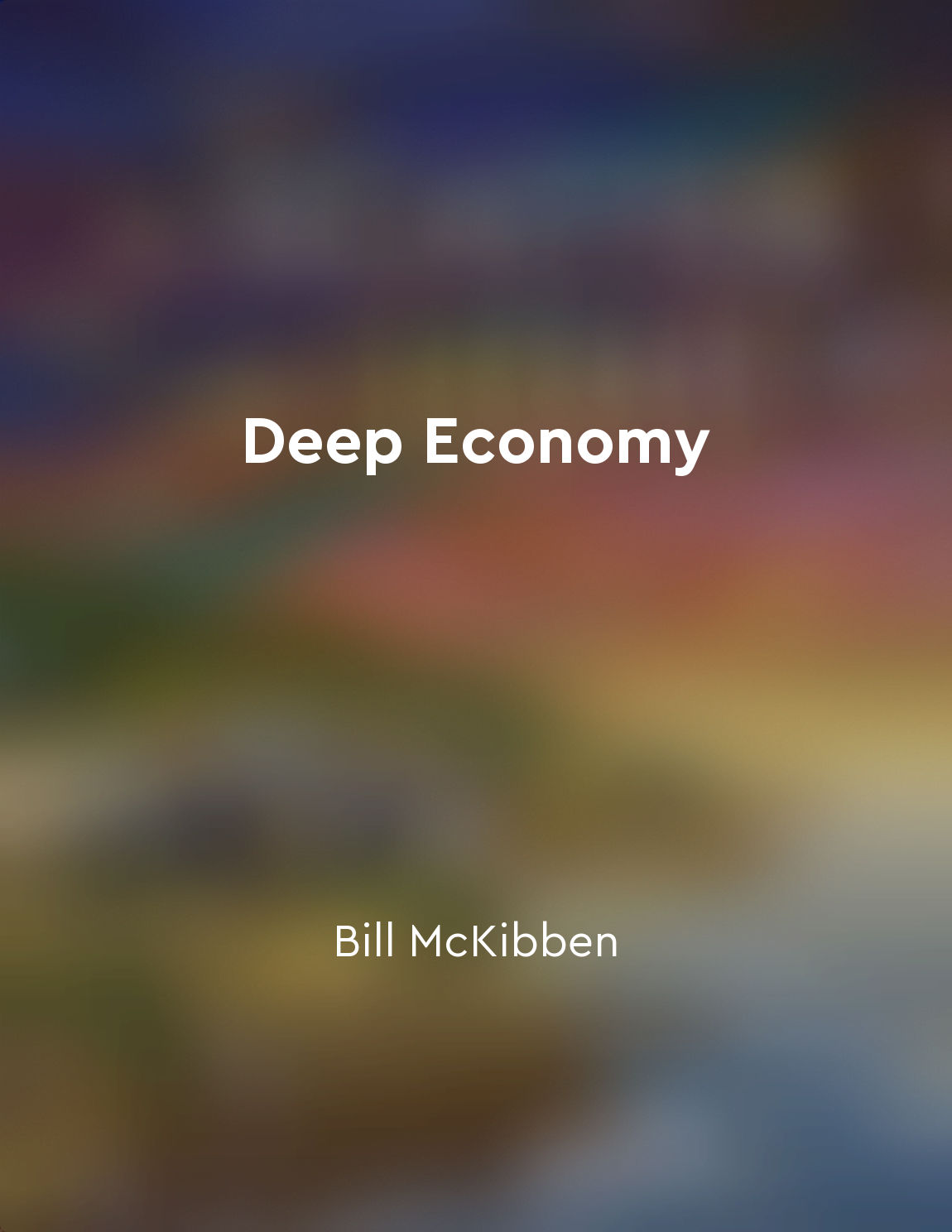The brain is social from "summary" of Brain Rules (Updated and Expanded) by John Medina
The brain is not an island. From the very beginning, we are wired to connect with others. Our brains are social organs. Our ability to connect with others is not just a luxury - it is a necessity. This social nature is deeply ingrained in our brain's architecture. When we interact with others, our brains release a hormone called oxytocin. This hormone is often referred to as the "love hormone" or the "bonding hormone" because it promotes trust, cooperation, and bonding between individuals. Oxytocin is like a social glue that helps us form and maintain relationships with others. Our brains are constantly monitoring the social environment, looking for cues and signals from others. This is because our survival and well-being depend on our ability to navigate the social world. We are wired to seek out social connections, to form relationships, and to ...Similar Posts
Active participation in civil society is essential for a wellfunctioning democracy
Active participation in civil society is essential for a well-functioning democracy. This concept emphasizes the importance of ...
Embrace challenges
In the journey of personal growth and self-mastery, challenges are not obstacles to be avoided but opportunities to be embraced...
Seeking out opportunities for personal development is important
Life is full of opportunities for growth and development. By actively seeking out these opportunities, we can enhance our skill...
Curiosity drives human exploration and discovery
The impulse to explore, to discover what lies beyond the horizon, is deeply ingrained in the human psyche. From the earliest da...
Childhood neglect can result in ADHD symptoms
Childhood neglect can result in ADHD symptoms. Those symptoms include hyperactivity, impulsiveness, and inattention. The neglec...

Genetic factors influence our response to stress
Our response to stress is not solely determined by our experiences or the environment we live in. Genetic factors play a signif...
Set achievable goals for yourself
Setting achievable goals for yourself is an essential skill that can propel you toward success in life. When you establish clea...

Stress management is key to a balanced life
In today's fast-paced world, stress has become a common companion for many of us. From work pressures to personal challenges, s...

Widespread poverty is a symptom of economic inequality
In the modern world, it is clear that economic inequality has reached staggering levels. The gap between the rich and poor cont...
Controlling passions fosters inner peace
The importance of controlling our passions cannot be overstated, for it is through this control that we can achieve inner peace...
